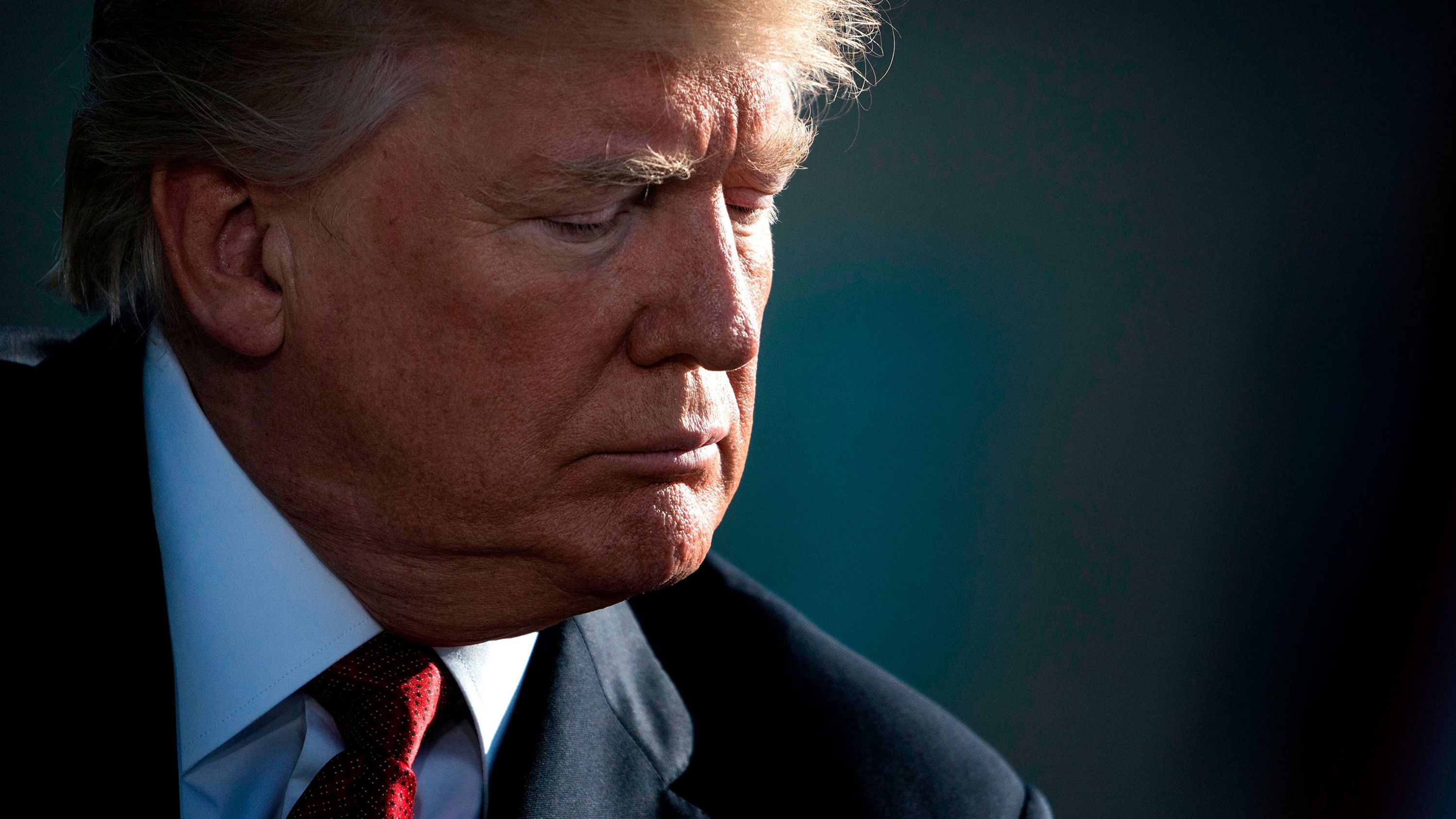Entities mentioned:
- Trump administration: Control, Power, Security
- Kilmar Ábrego García: Self-preservation, Security, Freedom
- Judge: Justice, Duty, Righteousness
Article Assessment:
Credibility Score: 70/100
Bias Rating: 35/100 (Lean Left)
Sentiment Score: 40/100
Authoritarianism Risk: 30/100 (Generally Democratic)
Bias Analysis:
The article leans slightly left, evident in the framing of Trump administration actions as aggressive and the focus on judicial checks. However, it presents factual information about the court decision without overtly partisan language.
Key metric: Immigration Enforcement Effectiveness
As a social scientist, I analyze that this article highlights ongoing tensions between the Trump administration's aggressive immigration policies and judicial checks on executive power. The judge's decision to halt the deportation temporarily suggests a potential conflict between the administration's goals and legal protections for immigrants. This case could have broader implications for the effectiveness and legality of current immigration enforcement strategies, potentially impacting the overall metric of Immigration Enforcement Effectiveness.











